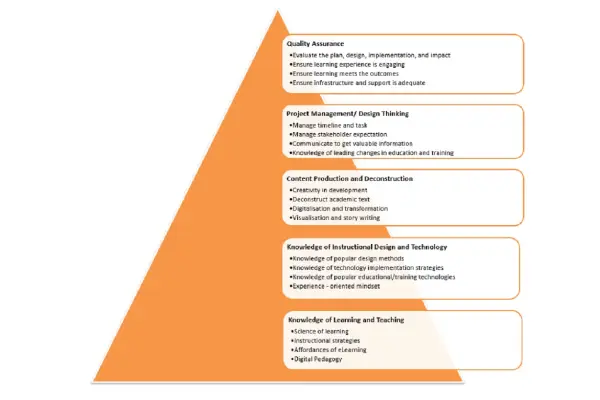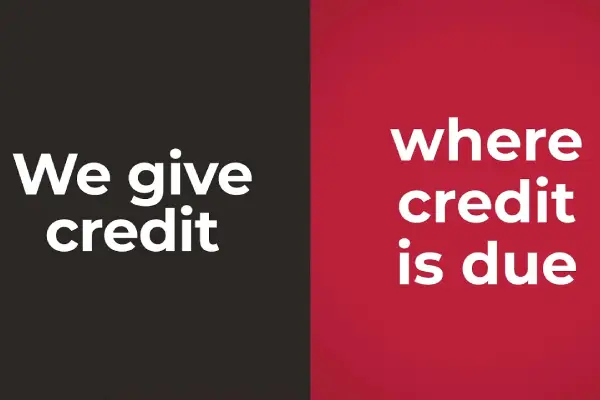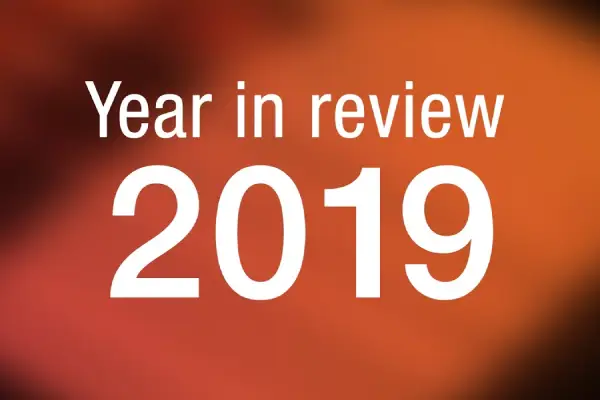Some would say It has been a while coming, but TEQSA has recently placed conditions on an Australian university. Not only has Charles Sturt University (CSU) had conditions placed on its registration, it has also received a shorter registration period of four years rather than the expected seven.
In this blog I would like to focus on the factors that have contributed to this situation, as well as the lessons that all higher education providers can learn from it.
The issue stems from CSU’s partnership with Study Group Australia (SGA), which is an independent higher education provider in its own right. One of the conditions is that CSU enrols no new students through this partnership, which is a very serious restriction, especially for the partner.
The nub of the problem seems to stem from “academic integrity and quality” issues with CSU courses run by the partner institution at their “Study Centres”. TEQSA identifies 5 key issues: corporate and academic governance, academic integrity; oversight of third-party delivery; the scholarly activity of the partner’s academic staff; and monitoring learning and teaching outcomes (which I would have included under academic governance).
There has long been a possible misconception that when an institution partners with a university that they might be able to conceal any shortcomings in academic delivery under the university auspices. Following this ruling from TEQSA, this will no longer be the case as TEQSA has clearly signalled that the Higher Education Standards apply equally when delivery is conducted through a partnership arrangement.
In terms of TEQSA’s criticism of the scholarly activity profile of academic staff of the partner institution, I am not surprised by the findings. My observations over many years has been that scholarship is not done particularly well across the broader higher education sector.
HELI has designed its online Graduate Certificate in Higher Education Academic Practice to not only provide an avenue for staff to undertake ongoing scholarship, but also provide a qualification that covers four broad facets of teaching in higher education: course delivery, curriculum design and maintenance, scholarly activity and online delivery. In fact, the subject Scholarly Activity in Higher Education is designed to teach HE academic staff how to undertake scholarship.
If you are an independent higher education provider or an institution that partners with a university, HELI’s course may be an effective solution to ensure your academic staff maintain a healthy scholarly profile so that you continue to meet the Higher Education Standards Framework.










